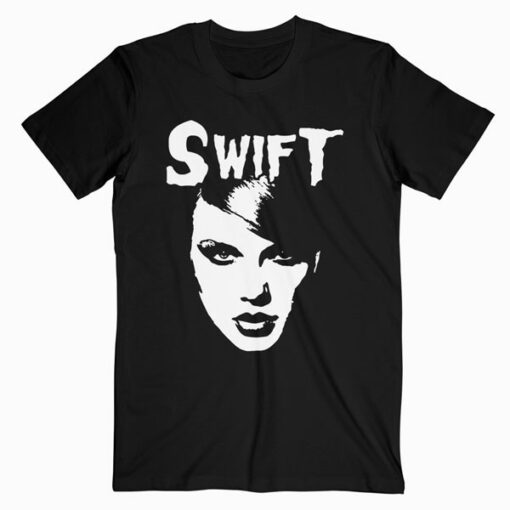Cats that were also not well taken care of in their younger years as a kitten may also contribute to heightened anxiety. Do this as soon as possible if the anxiety symptoms start to look serious.

Having & Loving Pets is one of the world's most wonderful
Knowing why your cat is sad and depressed is the first step to be able to know how you can manage cat depression.

How to know if your cat has depression. Your cat may become depressed after the loss of a housemate, moping around your home during his period of grief and sleeping more than usual. Do not forget that the specialist is. Cat depression might be triggered by something as seemingly small as a change in food and kitty litter to a situation as considerable as a move or a death.
Some of the signs of depression in cats are decreased activity, depression in an older cat, aggression, and difficulty sleeping. A happy kitty’s tail moves like a soft feather duster, but a sad or depressed cat may issue quick, hard strikes with its. Chronic or acute pain is the number one reason for a change in cat behaviors.
So if you see changes in your cat’s personality or routine, he is telling you something. Depression in cats has many signs. Though it is normal for cats to sleep up to 16 hours per day, a sudden decrease in energy or sleeping more could be indicative of depression in your furry feline friend.
The very last thing you want is for your cat to be ill! Pay attention to some signs of possible depression in your cat. Depression in cats is sometimes a sign that the cat is experiencing something stressful and as a result, displaying signs of depression.
Do your best to stick with the schedule and try to do everything at the same time every day. In some cases, cats develop depression because of emotional or psychological problems. If your cat is suddenly sleeping during times of the day when they are normally wide awake and playful, they may be suffering from depression.
These are very audible indications that your cat may be unhappy. Understanding how your cat feels: Pay close attention to signs of cat depression.
Just like humans, animals experience emotions including sadness. Although these symptoms can be indicators of depression in cats, they can also alert to the presence of a disease. Try to create an environment where your cat would feel safe and comfortable.
To help your cat deal with depression, set up a daily schedule you will stick with. If your cat suddenly begins to vocalise a lot more than usual it may mean that your cat is depressed. Your cat may meow more or less than usual.
A cat that is ill, bored, obese, ignored or lonely can also become depressed. If your cat is suffering from pain, take them to the vet immediately. Cat depression is real and can be a big problem.
Depending on your working commitments and pace of life, set up feeding, playing, and grooming times and teach your kitty to rely on them. Some cats that are acting depressed might actually be sick rather than depressed. If your kitty is acting out of character, you might wonder if it’s cat depression.
10 signs that your cat could be depressed. Just as people, cats have their own personalities, they enjoy a routine and if they feel confident and safe in their territory they are happy. Your cat doesn’t want to.
Depressed cats tend to be excessively vocal and express their feelings by yowling and crying. The thought of that is. Take your cat to the vet to see if your cat is suffering psychologically or if there’s an illness that needs to be addressed.
An upset cat has a major tell: If your cat was abused or has been moved to several homes, they are more likely to suffer from anxiety than a cat that hasn’t been exposed to those elements. That is why if you watch your cat rejecting food or with a very different attitude than usual, we recommend that you go to the vet to rule out a possible disease.
Vocal clues or changes in vocalization: Swishing and twitching its tail. If your feline friend doesn’t meow as often as she used to, doesn’t greet you with her usual enthusiasm when you return home, snubs her snout at her food or loses her appetite altogether when she’s normally a big eater, any change in your cat’s mood or personality could indicate she may be exhibiting symptoms of.
As american society for the prevention of cruelty to animals® states, depression in cats is often your cat’s response to certain changes in their life, even if it seems like small things. Make your cat feel safe. These are the signs and symptoms your feline isn’t fine.
If your cat is exhibiting abnormal behavior, this may be a sign of depression. After all, every cat has a unique sense of character and when that starts to change, it can be very worrying. Discomfort is often signaled by excessive licking, reduced mobility, and more.

Shareably Cats, Animals, Animal rescue site

Pin by Taco Panda on doge Doge, Funny, Memes

Fevers In Cats Symptoms, Causes, & Treatments CatTime

9 Things You Love Your Cat Make you come close to her and

Pin by susanna carlos on c'est la vie Animals, Pretty

Hellooo, see me down here? Domestic cat, Cats, Animals

You MUST SEE 15 Cats With The Craziest Markings It’s Hard

Cute Cat Has Mastered the Art of Begging for Treats … You

50 Cat quotes that perfectly explain your love for kitties

I just read about somebody posting a picture of cash on

9 Things You Love Your Cat Make you come close to her and

This starfish looks miserable Fish pet, Starfish, Cat day
Sad kitten cats The Cat's Meow Pinterest







Post a Comment